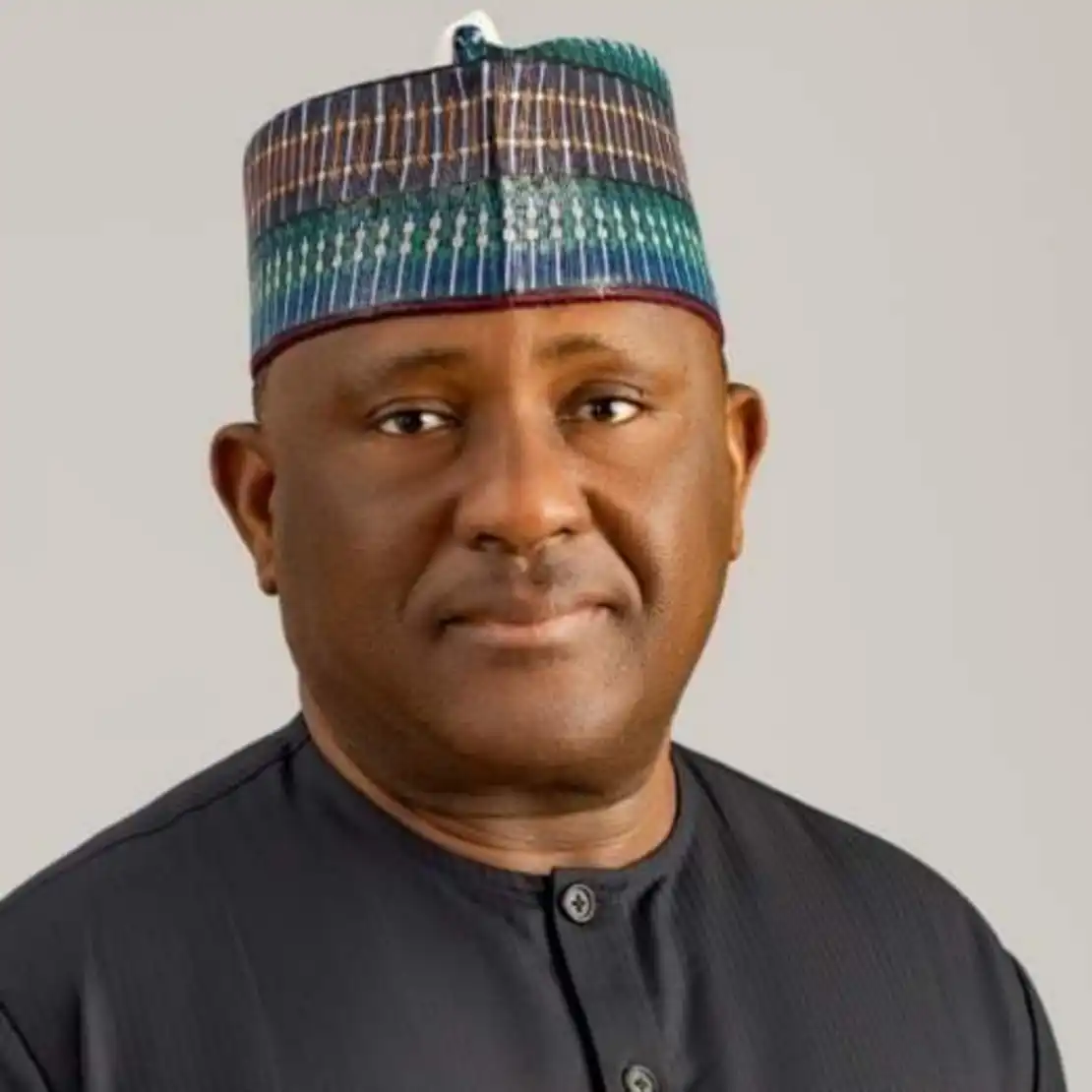Abdul Samad Rabiu, president of BUA Group, has projected that the naira will strengthen to between ₦1,300 and ₦1,400 to the dollar by the end of the year. He made this statement on Wednesday while speaking to journalists shortly after a meeting with President Bola Tinubu at the Presidential Villa in Abuja.
Rabiu praised what he described as President Tinubu’s “bold and decisive” economic reforms, noting that the policies are already bringing positive results for businesses and the national currency. He said, “I expect that the exchange rate is going to strengthen even further. I expect that the rate should come down to maybe ₦1,300, ₦1,400 before the end of the year. And this is something that we should all celebrate.”
Explaining how the reforms are affecting business operations, the BUA chairman pointed out that companies no longer depend solely on the Central Bank of Nigeria for foreign exchange. He noted that many firms now have access to FX through international banking channels and the use of credit cards.
“So really, for all of these, we must give full credit to His Excellency and the government. Their bold reforms and decisive policies are creating the foundation for a stronger economy, a more stable currency, and a better future for businesses and Nigerians alike,” he said.
On inflation and food costs, Rabiu observed that commodity prices have dropped compared to last year. He urged Nigerians to be patient as the reforms continue to stabilize the economy. “If you look at the prices of food items last year and what we have today, you’ll see that there is a significant reduction in all the commodities. So, I think we just need to be a bit more patient. Clearly, things are getting better, and we must continue to support the government,” he added.
Since his inauguration in 2023, President Tinubu has implemented major foreign exchange reforms, including the unification and liberalisation of the FX market, allowing the naira to float and ending the multiple official exchange windows.
Earlier in July, Rabiu had also noted that these reforms have eliminated the need for companies to lobby for FX. He criticised the former system where the official rate was much lower than the parallel market, describing it as a structure that created distortions and restricted access for businesses.
He described the current regime as more transparent and efficient. “I was making a joke a few weeks ago that I’ve only seen the current CBN Governor maybe twice since his appointment. That’s because I don’t need him. Before now, I used to visit the CBN every two weeks to lobby for FX. That was the only way to survive,” Rabiu said.

